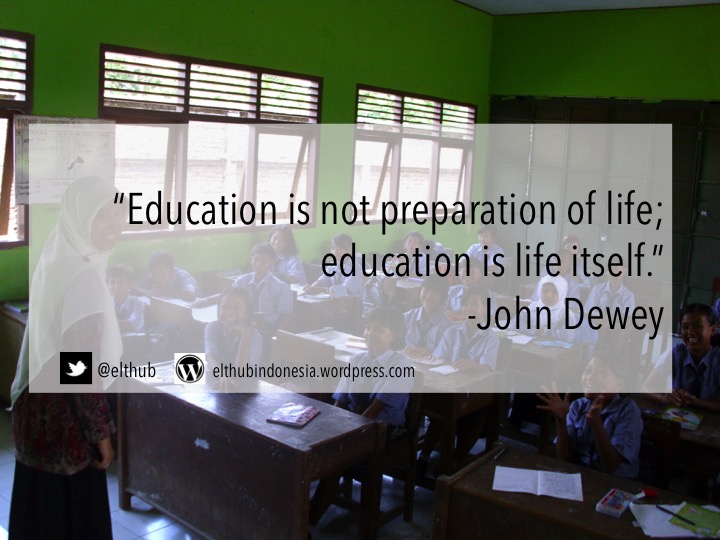By Puput Arfiandhani

Woodlands Special School Students (Photo credit: Nottingham Post – http://www.nottinghampost.com/Remarkable-revival-special-school/story-20740762-detail/story.html)
A couple of weeks ago, I got a chance visiting two schools: Woodlands Special School and Burford Primary School in the city I currently am living, Nottingham, UK. While also doing a cultural sharing, my team mates – Dario and Emma, and I were lucky enough to be able to experience a bit of how interaction happened between teacher and the students. While the student-teacher interaction outside the classroom somehow was pretty much similar with in Indonesia – tend to be generally casual, warm and friendly, but the interaction during the teaching process was quite different. It was especially when I was in Woodland special school. The students were beyond my expectation. They could easily recall what had just been taught, could creatively answer our questions on what they thought about the culture we shared, and could manage to complete the task that was the same with the one to the primary school students.

